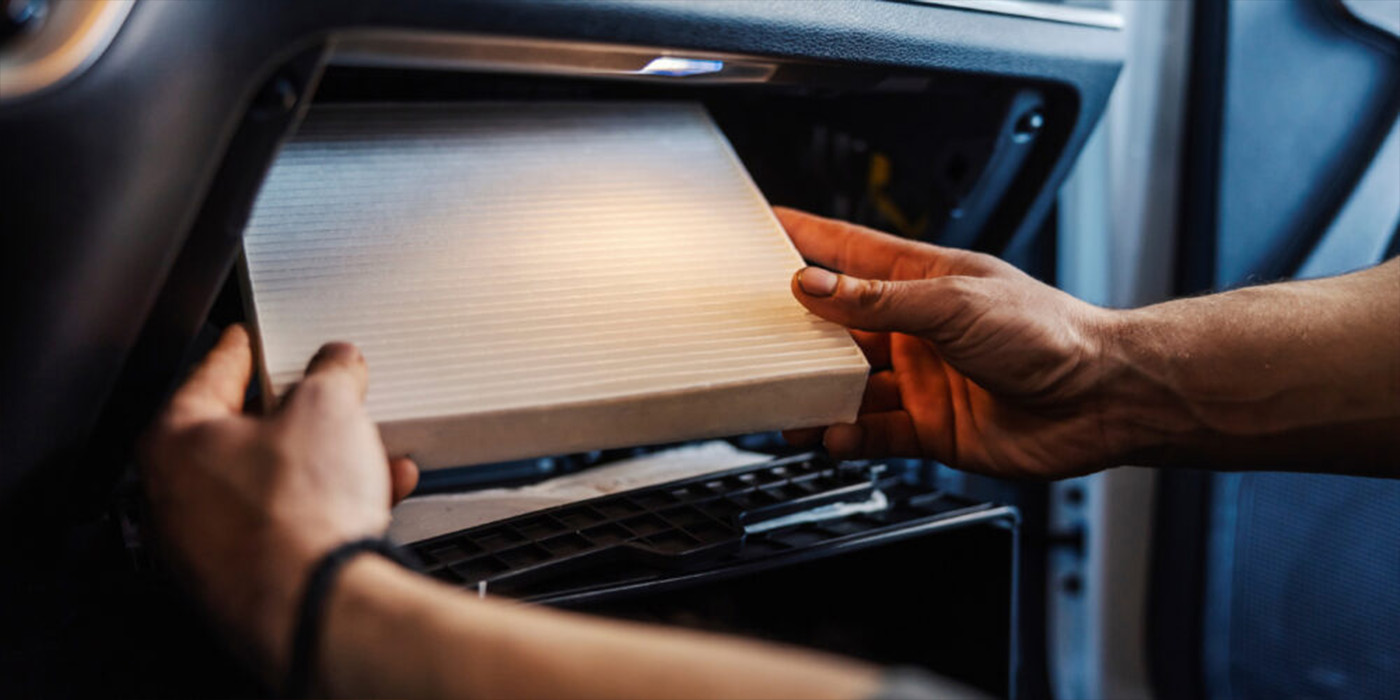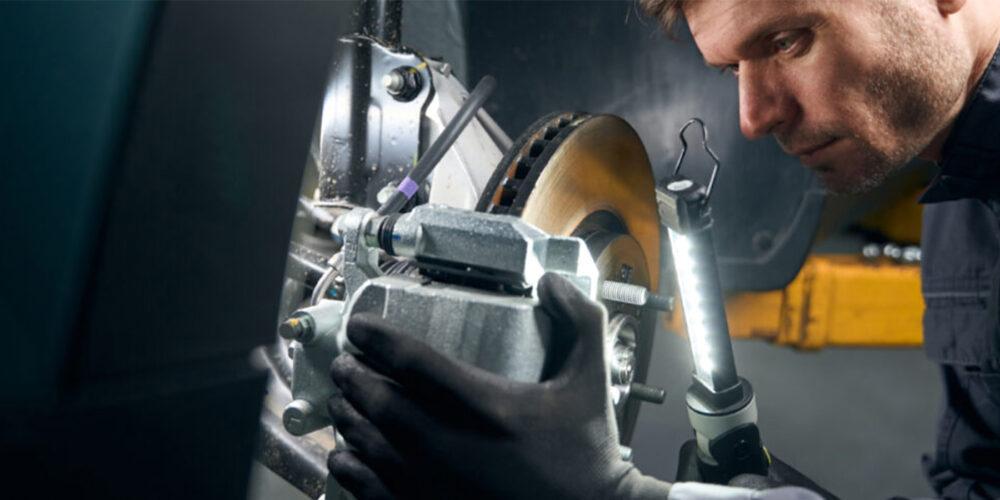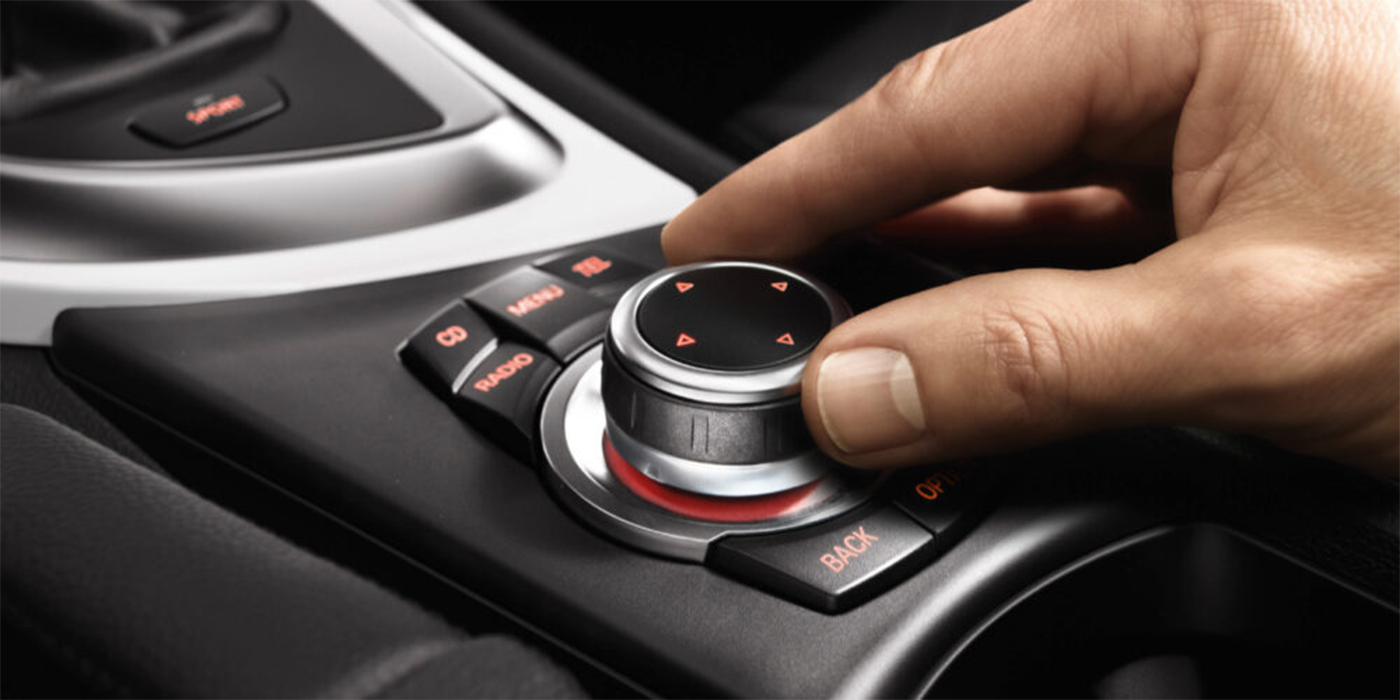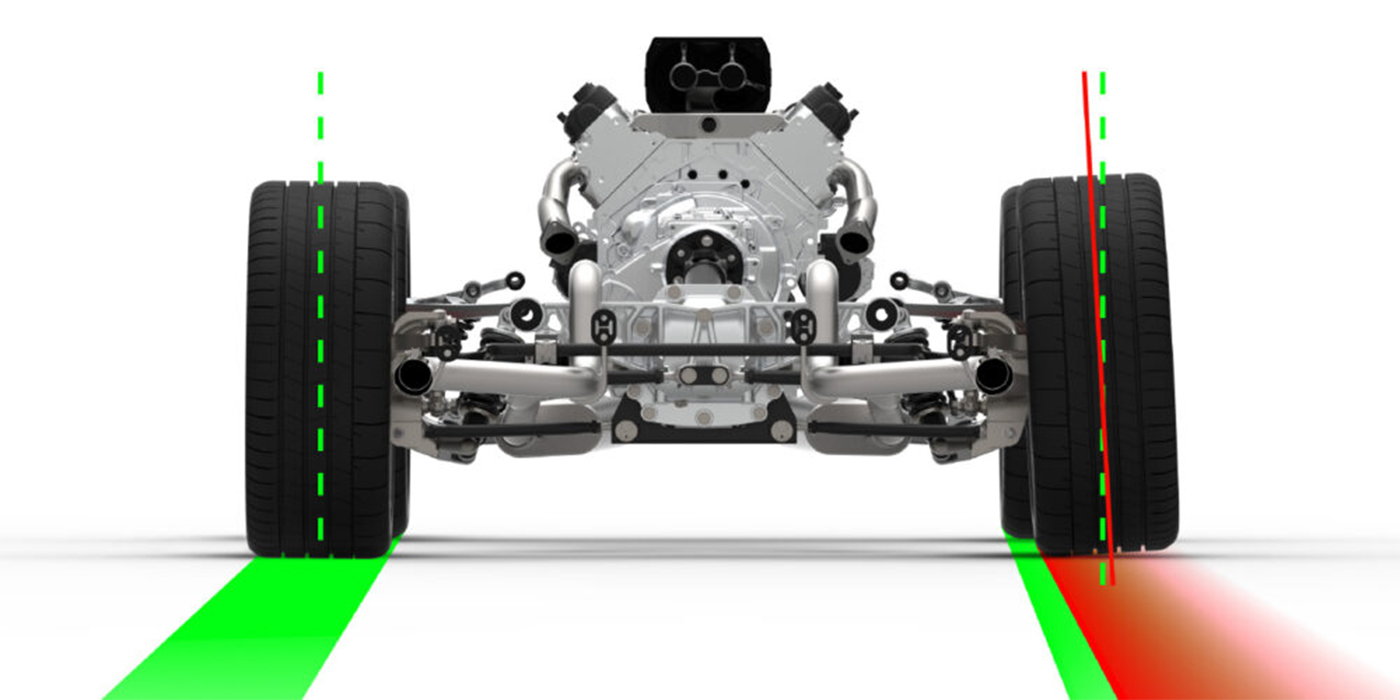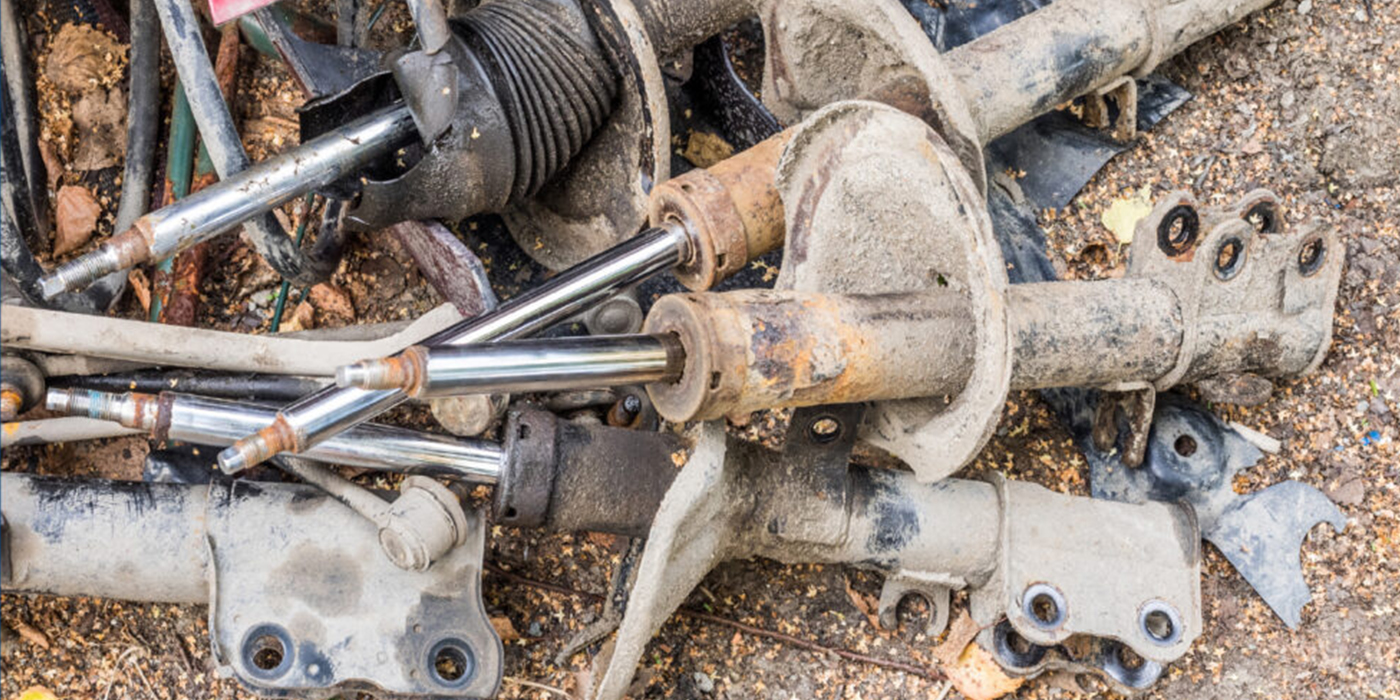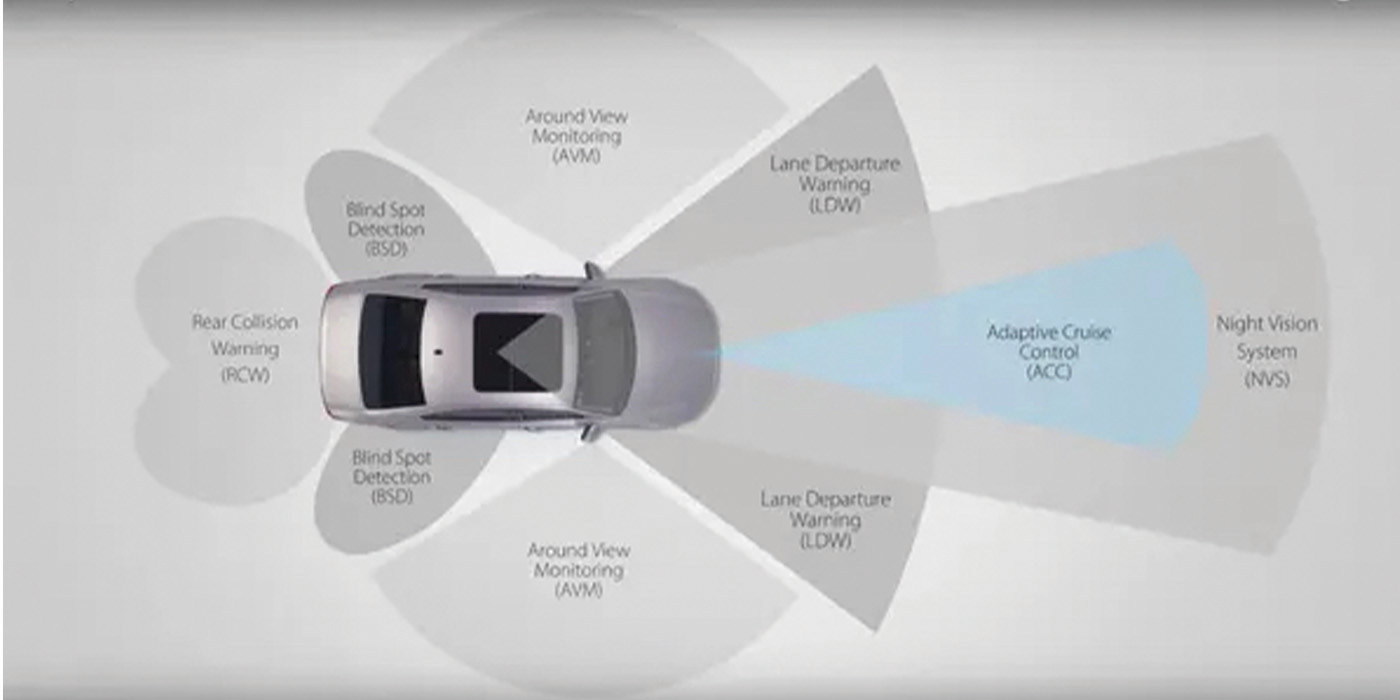By Bob Cooper
It was decades ago when I stopped thanking my customers for their business, and here’s why …
No matter how you look at it, business is commerce. To put it another way, it’s exchanging products or services for money. So, when you thank your customers for their business, what you are really doing is thanking them for the economic exchange, right? Now I know with some business owners the most valuable part of any transaction is the financial reward, but from my point of view, there is something far more valuable than the monies received: It’s the trust and confidence that customers have in our company, our products, our services and our people. In the world of business, if there’s no trust and confidence present, then there is little probability that there will be an economic reward.
So, here’s what I do: Depending on the circumstances, at the appropriate time I’ll thank my customers for either their trust or their confidence in us, not for their business.
On a more personal side, I do this for three reasons. One, in building companies over the years I have discovered that the trust and confidence of my customers is far more precious than any amount of money they would ever spend with us. By putting their trust first, they have paid us back a hundredfold by helping us grow Elite into a global company. Secondly, by thanking our customers in this way, I am subtly reminding them that the reason they decided to take advantage of our products or services was because we have actually earned their trust. That in itself is a priceless reminder for each and every customer. And the third reason I do it… is to remind myself on a daily basis of just how important those trusting relationships really are.
For the last 20 years, Bob Cooper has been the president of Elite Worldwide, Inc., offering shop owners sales, marketing and employee management audio training courses available for instant download. The company also offers coaching and service advisor training services. You can contact Cooper at [email protected], or by calling (800) 204-3548.

